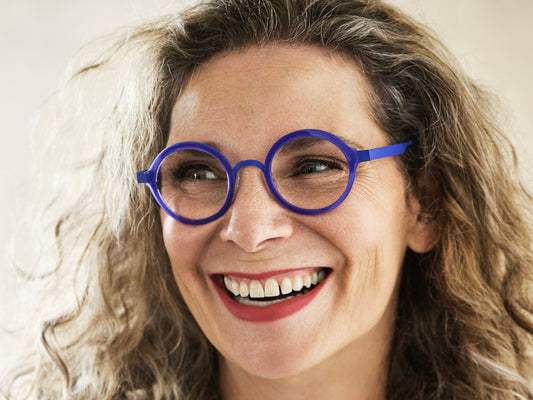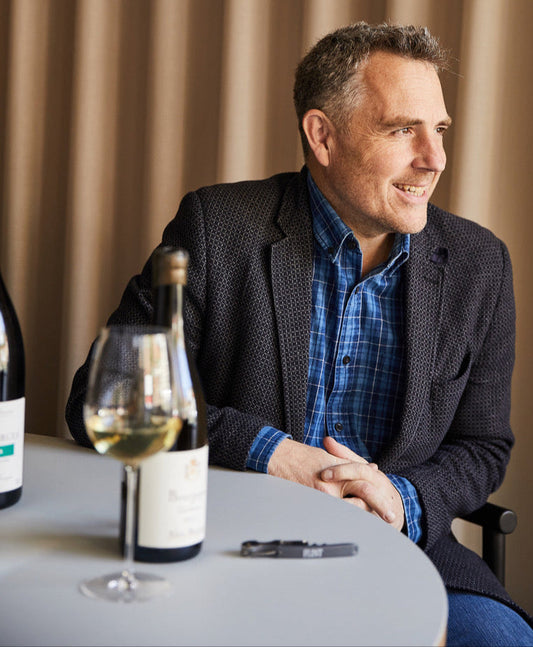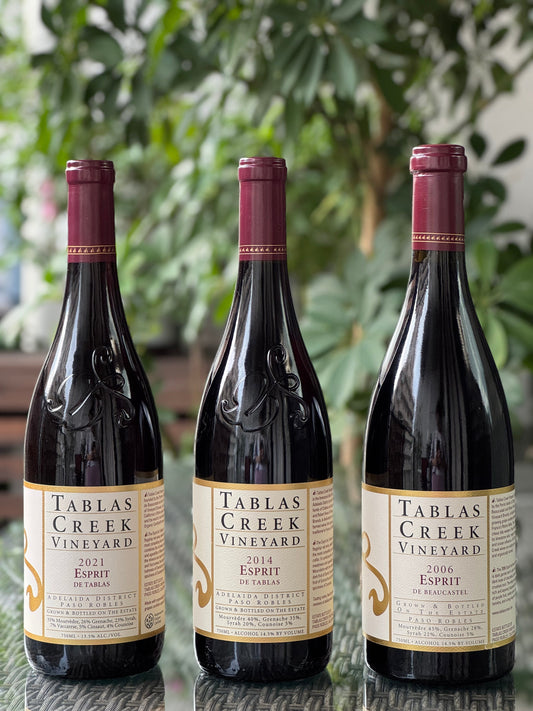|
Adam Lechmere
As well as being managing director of Vinitaly International, there are multiple strands to what you do – so why don’t you start by telling me how you spend your time
Stevie Kim
First there’s my work as Managing Director of Vinitaly International – that’s how I got into the wine business. As the promoting arm of Vinitaly I launched different products, often with a strong educational slant, to promote Italian wine. Italy is very individualistic and fragmented and there’s no promotional board for Italian wines. So I was thinking, how can I promote Vinitaly not just as an annual wine fair, but as something that could bring value to producers. So now we have Vinitaly International Academy, a five-day certification programme, a vertical deep-dive into Italian wine which is now a kind of gold standard which even Masters of Wine come to. We've gone through about 1200 candidates, students from all over the world: to date, there are 340 certified Italian wine ambassadors of whom 16 are also Italian wine experts.
AL
And you also have your medical education business?
SK
Yes, that’s entirely separate to my wine work. This is a school for medical doctors and psychologists, very similar to Vinitaly Academy (I actually transferred that course into the wine sphere). It offered the first master’s program for cognitive behavioural therapy for eating disorders and obesity.
AL
Tell me about your background. What was your original training?
SK
I come from a traditional finance background. I was trained as an economist, and my first career was as a strategic consultant for Price Waterhouse . When I got my MBA, I decided to stay in Verona because my husband is Veronese. He’s a doctor, and that’s why I started doing stuff in the medical field.
AL
You’re a New Yorker transplanted to Verona. How long have you been here?
SK
I’ve been here more than 30 years
AL
You joined Vinitaly in 2010, and OperaWine was one of your first initiatives, in 2012 – how did that work?
SK
The idea was to do a premier opening event for Vinitaly, to bring out the sexy and glamorous side of Italian wine (huge exhibition halls are not very sexy). OperaWine was basically getting Wine Spectator to do an Italian version of their Wine Experience, their huge New York wine tasting. And it worked quite nicely because it attracted a lot of the important producers who may not have necessarily been interested in exhibiting. And often they also stayed on for Vinitaly.
AL
There are a few other strands to Vinitaly International aren’t there?
SK
Sure. I changed the Vinitaly International Wine Competition to make it more Italian. Now it is called 5StarWines & Wine Without Walls and consists of a three-day blind tasting with an international jury of wine professionals. Wines with a score of 90 points or more are published in 5StarWines – the Book, which is now in its 7th edition, with 733 wines selected from over 2,200 registered labels. Then of course there was Vinitaly Russia and Vinitaly Hong Kong, both of which have come to a standstill for obvious reasons. So we’re now focusing on what we do in Verona.
AL
Tell me about wine2wine Business Forum.
SK
wine2wine Business Forum is an international business forum held in Verona every autumn. We’ve been going since 2014. The event is a key reference point for wine producers and a variety of wine professionals, an opportunity to reflect, discuss and share ideas on the most important issues facing the international wine industry.
AL
Vinitaly International Academy, the Italian Wine Ambassador program, and wine2wine Business Forum are all aimed at the wine trade – is that your main focus?
SK
Yes I would say my main focus is the trade overall. Vinitaly International Academy for example is not for consumers because it's a tough programme: the pass rate is only 25 per cent. So people who take the course are in distribution, in importing, or they're journalists or educators.
AL
Tell me a little bit more about Mamma Jumbo shrimp, where does that fit in?
SK
Mamma Jumbo Shrimp is an umbrella brand which covers podcasts, books, maps, and videos – it brings together a global community of wine, food, and travel lovers. We take big concepts and make them accessible in smaller bites (just like the jumbo shrimp – it’s an oxymoron). During the pandemic, I wanted to give my team something to do, and we saw the opportunity to experiment with social media platforms, unleash creativity, continue the conversation with existing audiences, and reach out to new people. Since then, it has become a go-to partner for everyone who is interested in wine: whether you’re an armchair wine enthusiast or a seasoned sommelier.
AL
What’s the origin of the name?
SK
If you google “Jumbo Shrimp” all you get is recipes, so I thought “Mamma” sounds Italian, and we cornered that space. In terms of Google ranking, TikTok etc, it's a great name.
AL
How many staff do you have now?
SK
We’re an agency – though I’m Managing Director of Vinitaly International I’m not directly employed by Veronafiere. In this office there are about 30 people; some of them are involved in Vinitaly projects, some people do just agency work, and there’s clearly some overlap.
AL
And on top of all this activity, you’re still running your medical training company. How do you find enough hours in the day to do everything? You’re making me feel tired just thinking about the workload.
SK
I’m one hundred per cent on wine. I still own the medical company but it has a separate staff. I thought wine was just going to be a hobby, but I got the bug, and I feel I can make a difference. That’s my problem, I have this ego, so I’m running around trying to change things.
AL
Are there any countries that you feel are more in need of Italian ambassadors? I mean, countries that don’t know Italian wine as well as they might?
SK
That's a tough question. I do feel in Europe we could be doing more educational programmes. The Europeans are very set in their ways – even after Brexit the UK is still the most important market for many Brunello producers. I’m surprised by that, because for my business, shipping wine to UK is much more difficult than shipping it to the other side of the world. Even sending samples.
AL
What about the American market?
SK
Italian wine is number one in America. And of course, the vast majority of that is Prosecco – there's so much of Italian wine that isn’t represented. I'm biased because I'm American, but I do think the US should still be the main focus for Italian wine
AL
Do you find that you’re forced into concentrating on the best-known Italian regions – Tuscany, Piemonte, Sicily…?
SK
Sicily’s a great example of how to promote a region. Everyone wants a piece of the action in Etna and that increases interest in the whole island. Sicily was number one for tourism this year and a lot of that can be attributed, especially for Americans, with The White Lotus, which was set in Taormina. And did you know one of the sommeliers in the series is actually the estate manager from Tasca?
AL
Do you see any other region in the world similar to Italy?
SK
I don’t think so. Which other region has over 600 different native grape varieties? The French make 80 per cent of their wines with 12 grapes. The Italians are individualistic and incredibly creative: they excel in design. It’s not by chance that they have the greatest fashion houses in the world
AL
And Vinitaly is unique, isn’t it? Wine fairs come and go – Vinexpo Bordeaux used to be pre-eminent, and now it’s gone; London is like a village fête compared to how it was; Prowein came out of nowhere – but Vinitaly has remained constant for more than half a century. How does it do it?
SK
I think because it's an international festival, not just a wine fair. You can walk down the street in Verona and you see everyone you know, and everyone ends up in Bottega del Vino at two or three o'clock in the morning. The wine business is people business: you go to your favourite bar or restaurant and you break bread and have a glass of wine together. So while wine is still alive, Vinitaly is still alive.
wine2wine takes place in Verona on 13 and 14 November 2023
|




